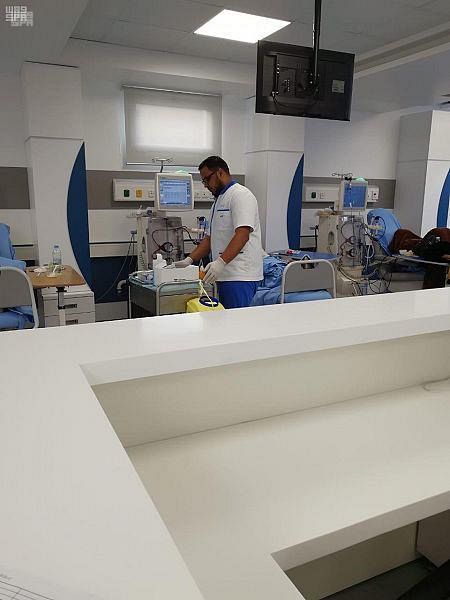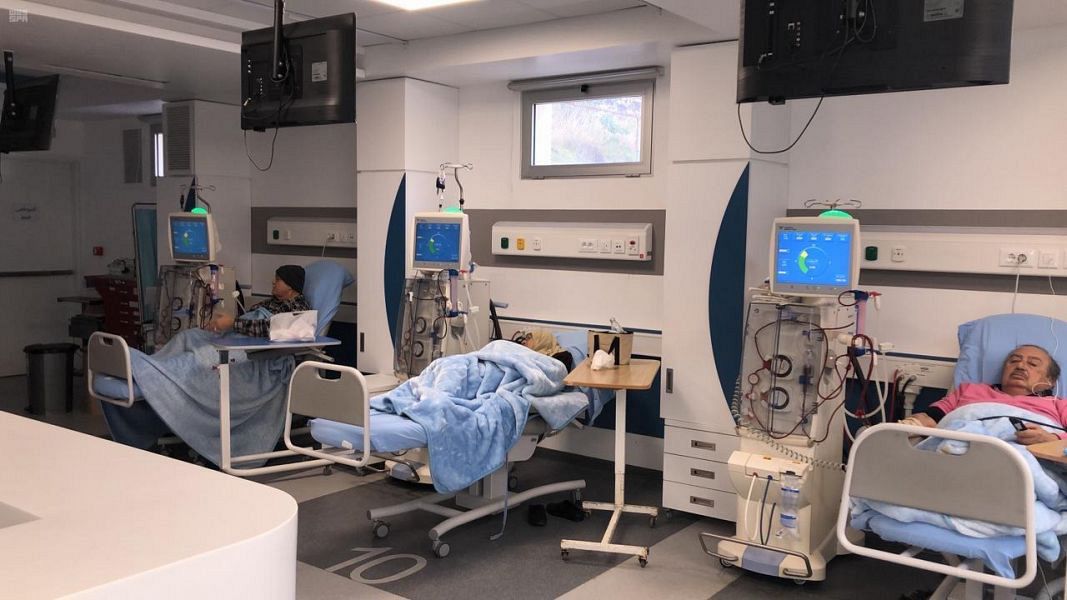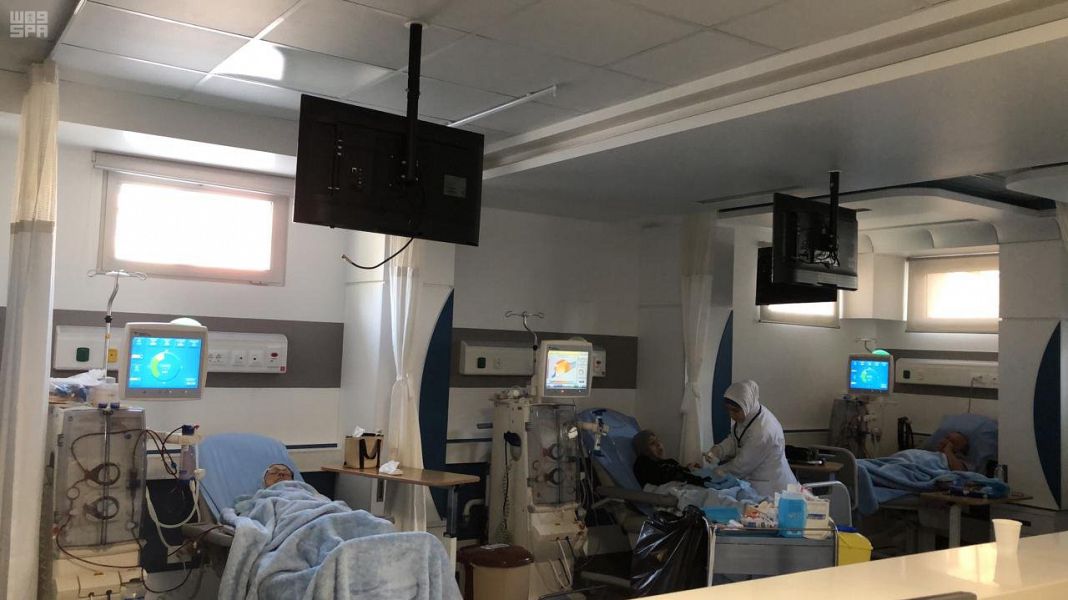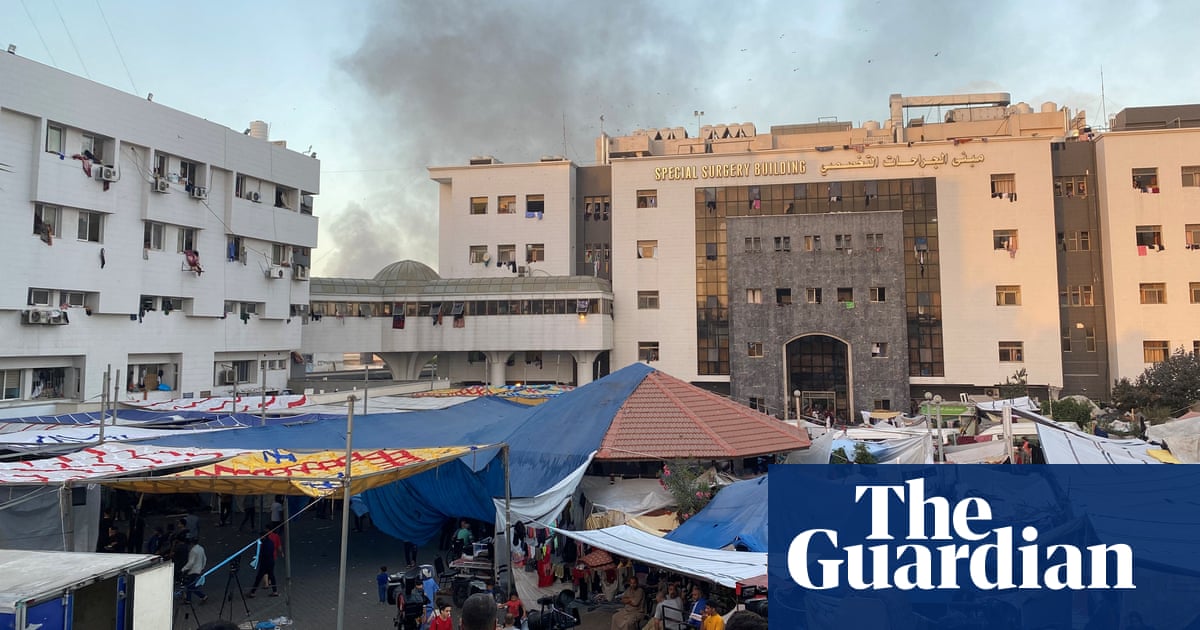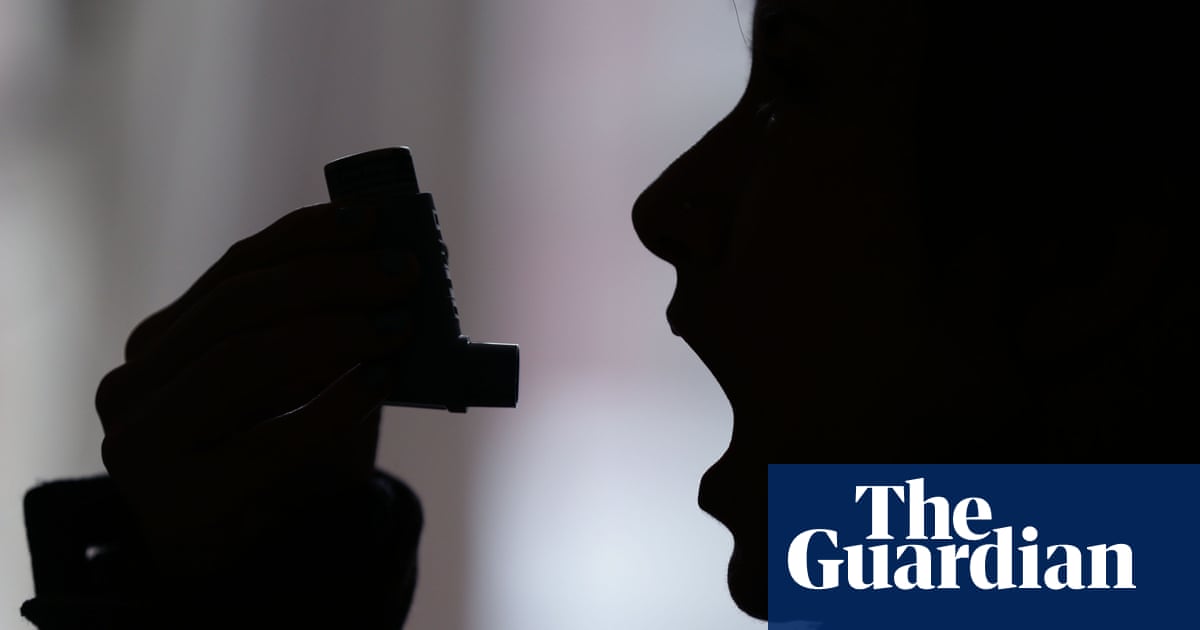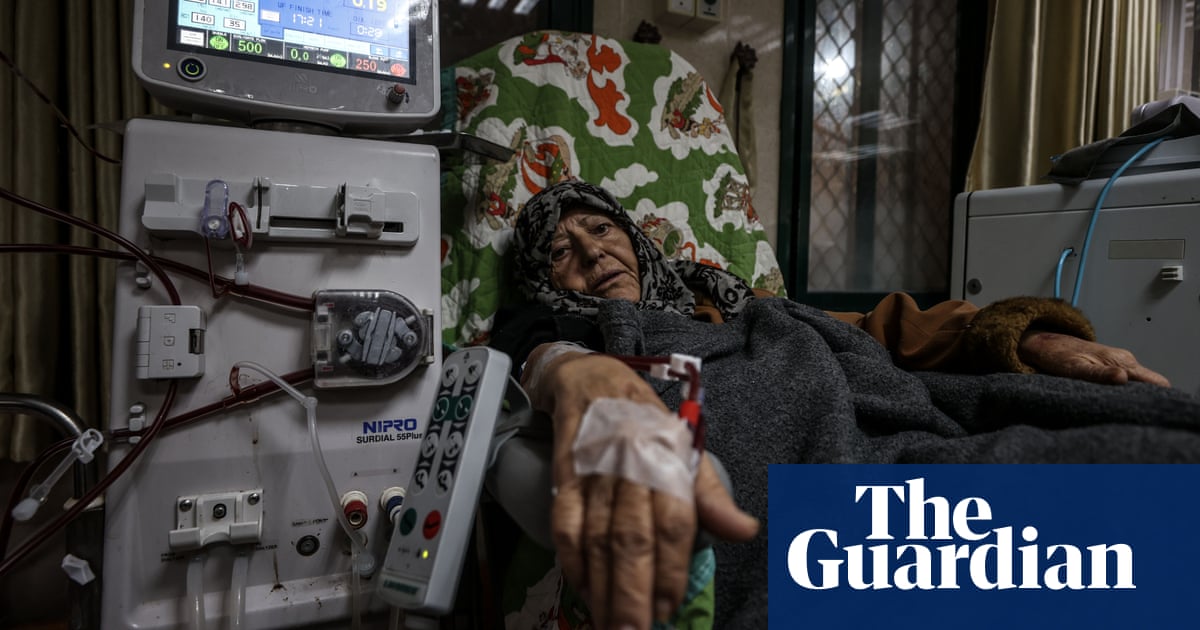
Four months of conflict in Gaza is jeopardising the health of thousands of people with chronic illnesses such as kidney disease, diabetes and asthma, doctors have warned.
The chronically ill are the hidden casualties of the war, as access to water, food and medicine is severely restricted, said Guillemette Thomas, the Médecins Sans Frontières (MSF) medical coordinator for Palestine.
“Hospitals that are still functioning are overwhelmed with injured people, they are not able to deal with chronic illness at all,” she said. “Before the war there were 3,500 hospital beds in Gaza, now there are fewer than 1,000, and hundreds and hundreds of injured. We don’t know how many people are dying because they can’t access healthcare.”
Currently, only 14 of Gaza’s 36 hospitals are able to provide any medical services.
When medication is allowed into the territory there are no safe ways of distributing it, Thomas said. “We have some insulin coming in aid trucks, but patients can’t get to the places where it is stocked because of the airstrikes. People are bombed on their way to the hospital.”
The scarcity of clean water combined with the lack of medicines means many are unable to control their conditions. About 70% of Palestinians in Gaza have had to resort to drinking contaminated or salinised water, while 50% are experiencing food insecurity and 25% of the population are starving, according to the UN.
“There are no water distribution points – even they have been bombed. Water pipes, streets and infrastructures are destroyed,” said Youssef Al-Khishawi, an MSF sanitation agent.
There are an estimated 1,000 dialysis patients and 450 kidney transplant patients in Gaza, while more than 1,000 people have type 1 diabetes and need controlled diets.
“Some [kidney transplant] patients haven’t taken their medication in six weeks, others in three,” said Abdelkader Hammad, a surgeon at the Royal Liverpool University Hospital who carried out the first kidney transplant in Gaza in 2013 and is an expert on nephrology treatment in conflict zones. “They are all risking transplant rejection,” he said.
A shipment of medication is ready, Hammad said, but is stuck in Egypt, as Israeli authorities refuse entry to the territory.
“Two people with end-stage kidney failure presented at my hospital,” said James Smith, a British doctor who worked in Gaza with Medical Aid Palestine in December and January. “There was nothing we could do to treat them. We could just make them comfortable with some painkillers. We were completely helpless.”
Hammad said: “During the 2008-2009 war, half of the patients receiving kidney dialysis in Gaza died. That was why we decided to move on to kidney transplants. We thought that a person with a transplant was more likely to survive a war than someone on dialysis.”
The lack of immunosuppressants and clean water reduces survival chances for the transplant patients. “If they get dehydrated that affects their transplant; if they cannot get food that makes them susceptible to infection,” Hammad said.
Immunosuppressants are not the only medicines running short in Gaza, according to Jamie McGoldrick, the interim UN humanitarian coordinator. Some equipment, including insulin pens for children with diabetes, “seem to be prohibited by the Israelis,” he said in a briefing last month. “They see them as something that could be used for other things.” A spokesman for Israel’s Coordinator of Government Activities in the Territories (Cogat), denied that insulin pens had been added to the list of products barred from entering the Gaza Strip.
Diabetes patients say finding food and medicine is a constant challenge. “Before the war my son was on a low-carb regime and of course had little sugar,” said Awny Shwaikh, 53, whose 18-year-old son Kareem has diabetes. “His sugar levels are really rising a lot. Initially there was insulin, but for around a month there’s not much.”
Refaat Hajjaj, whose 14-year-old son Qasim has type 1 diabetes, said: “All we can find now are cans of beans or hummus and cheese but all of it is processed and contains ingredients not healthy for diabetics.”
Managing Qasim’s diabetes requires testing strips to monitor his blood sugar three times a day and insulin for every meal.
“I don’t have any income any more and can’t provide food for my children,” Hajjaj said. “Before the war, my son ate lamb, chicken – healthy meals.”
Elizabeth Pfiester, the founder of T1 International, a charity for people with type 1 diabetes, said many patients “have to eat at really regular times because of the way that the insulin peaks and dips. So you need to make sure you’re having a meal at the same time every day and you’re having snacks ready in case your insulin is dropping.
“If someone just has a biscuit for the day, that is incredibly terrifying,” she said.
People with asthma are also struggling. “I am getting very sick,” said Dina Safi, who has been displaced several times and is now in Rafah. “Asthma and the cold are bad friends. There is a lack of heating and the extreme pollution. My ribcage has started to hurt because of how bad my cough is, I’ve started to cough blood. There’s not even cough syrup, even for children.
“My cousin is a doctor and managed to get me a morphine drug but it’s a very strong painkiller that makes me so dizzy and tired, but it’s the only way to calm my aggressive cough.”
The Cogat spokesman said: “Since the outbreak of the war, over 13,200 aid trucks have passed into the Gaza Strip … carrying more than 160,200 tons of food, over 22,000 tons of water … [and] over 17,000 tons of medical supplies and hygiene products.”




